Superbug outbreaks can be scary, but with the right steps, you can protect yourself and your family. Here are 15 essential steps to take during a superbug outbreak to ensure your safety and well-being.
1. Stay Informed
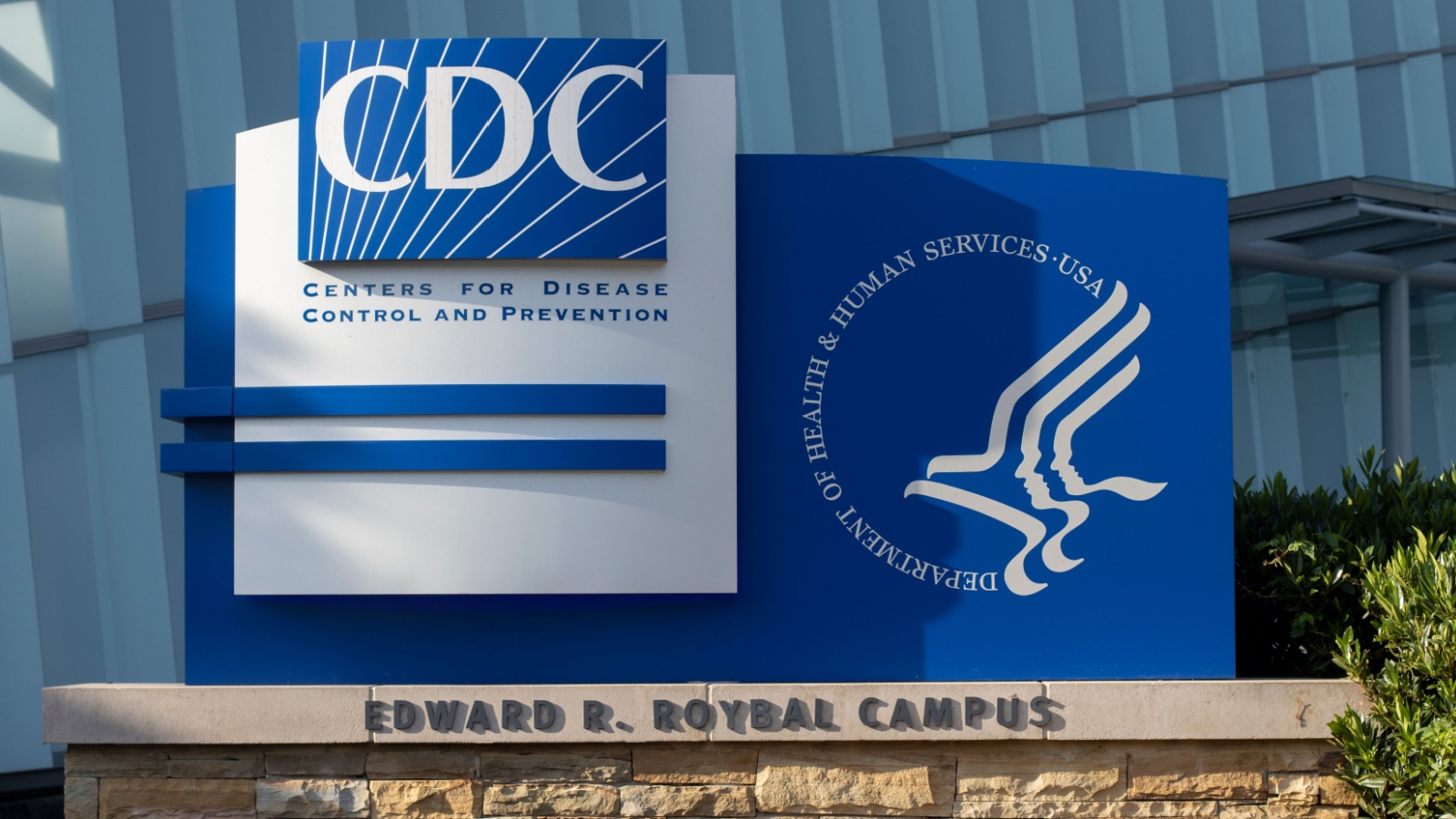
Keep up with the latest news and updates about the superbug outbreak. Reliable sources like the CDC and WHO provide accurate information. Knowing the facts helps you make informed decisions. Set up alerts on your phone to receive real-time updates from trusted health organizations.
2. Practice Good Hygiene

Wash your hands frequently with soap and water for at least 20 seconds. Use hand sanitizer when soap and water aren’t available. Good hygiene is your first line of defense against infection. Avoid touching your face, especially your eyes, nose, and mouth, to reduce the risk of infection.
3. Avoid Crowded Places
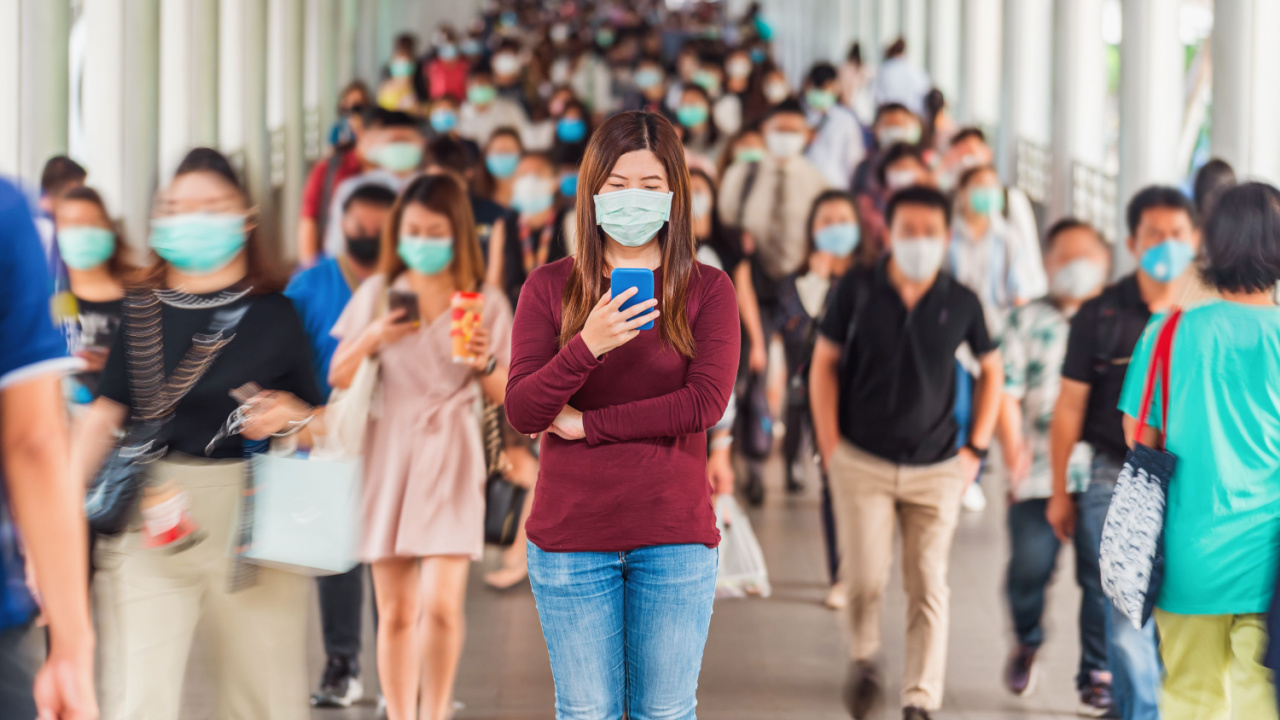
Limit your exposure to crowded places where infections can spread easily. If you must go out, practice social distancing and wear a mask. Avoiding crowds reduces your risk of catching the superbug. Consider using online services for shopping and errands to minimize contact with others.
4. Clean and Disinfect Surfaces
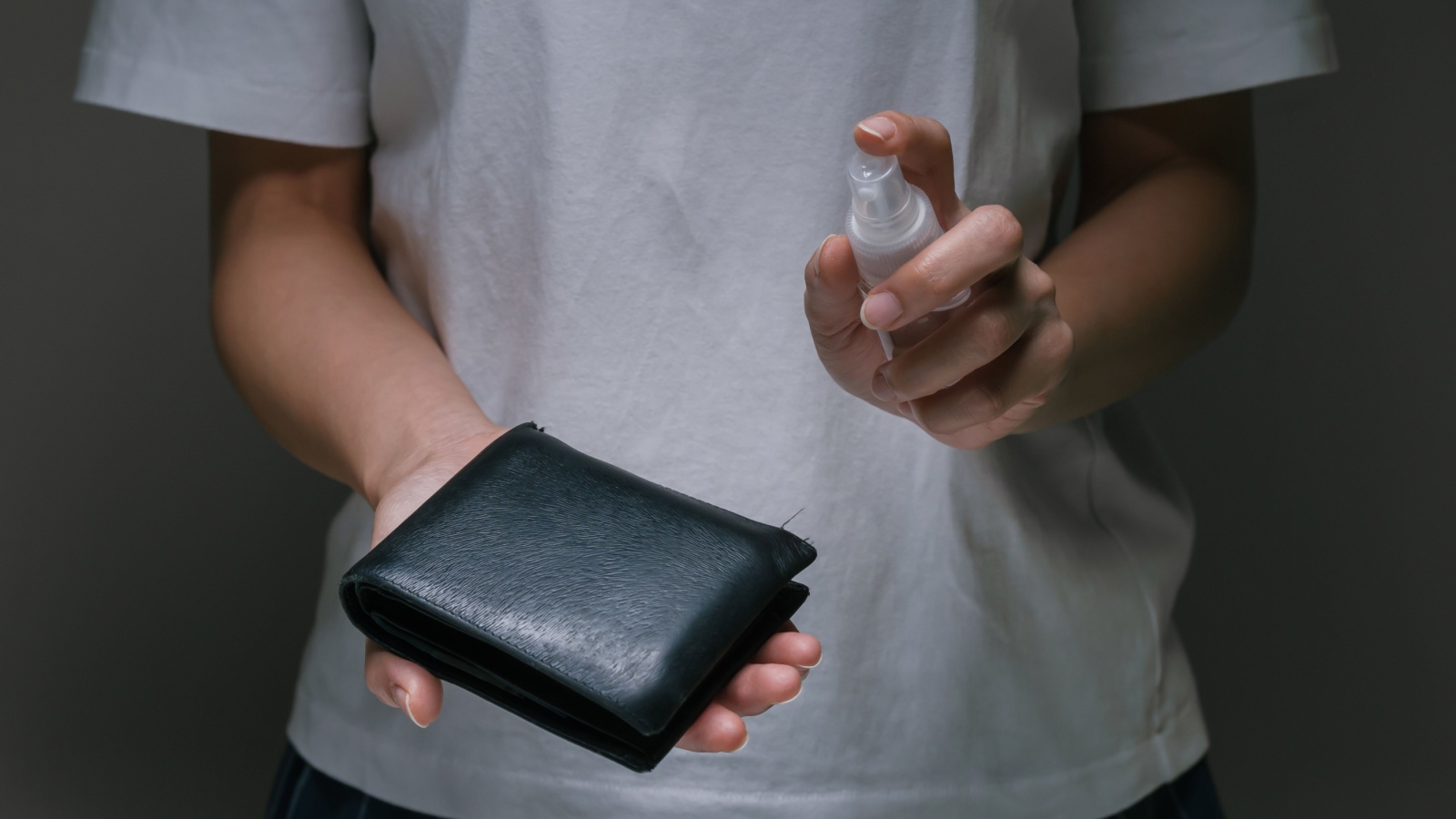
Regularly clean and disinfect frequently-touched surfaces like doorknobs, light switches, and countertops. Use disinfectants that are effective against bacteria and viruses. Keeping surfaces clean helps prevent the spread of germs. Pay special attention to personal items like phones, keys, and wallets.
5. Boost Your Immune System

Eat a balanced diet rich in fruits, vegetables, and whole grains to support your immune system. Get regular exercise, stay hydrated, and ensure you get enough sleep. A strong immune system can help fight off infections. Consider taking vitamins and supplements, such as Vitamin C and D, to enhance your immune health.
6. Have a Stockpile of Essentials
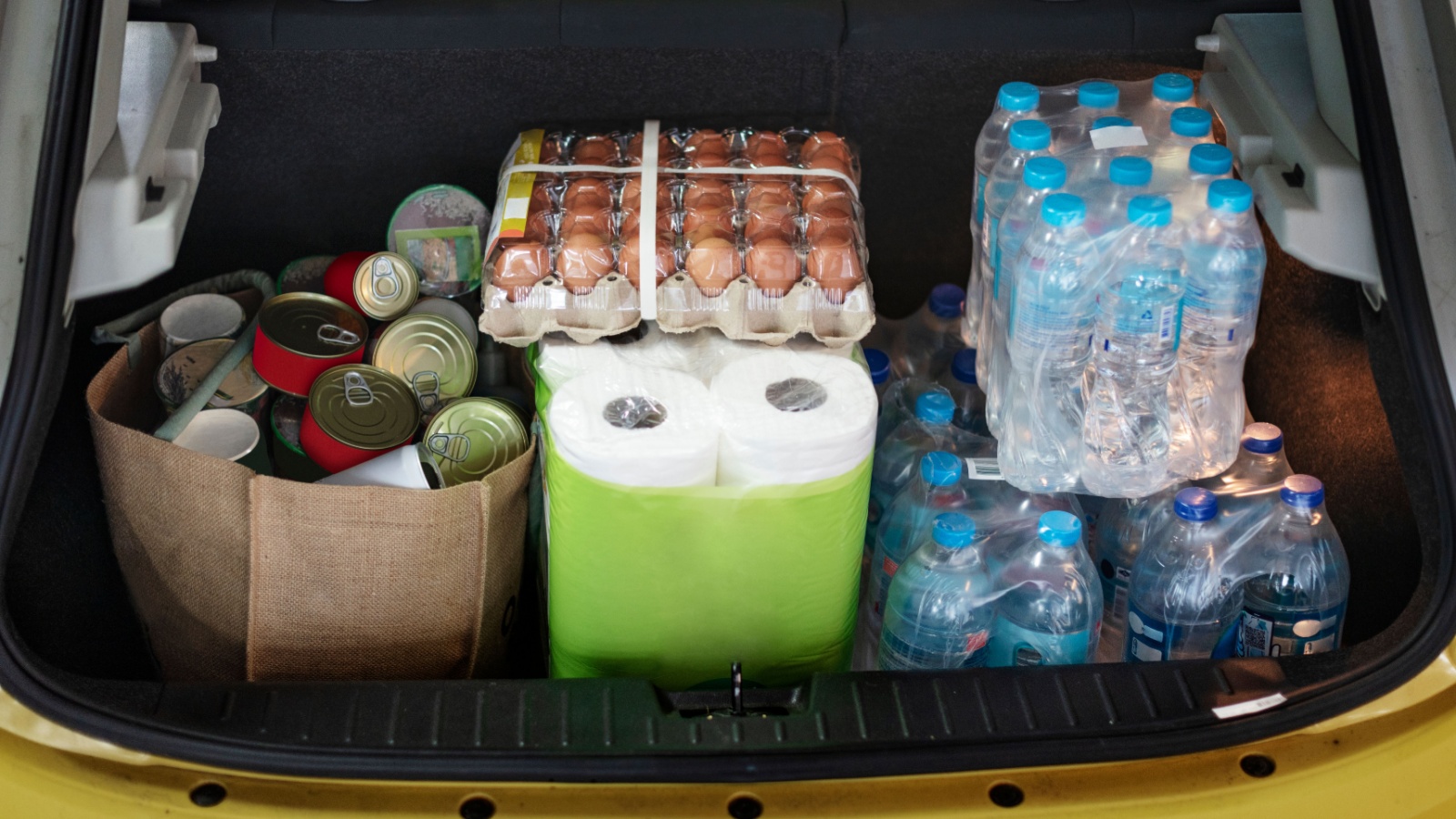
Stock up on essential supplies like food, water, medications, and hygiene products. Aim for at least a two-week supply. Having essentials on hand reduces the need to go out during the outbreak. Include non-prescription medicines and first aid supplies in your stockpile for minor illnesses and injuries.
7. Create a Quarantine Area

Set up a designated area in your home to isolate sick family members. This helps prevent the spread of the superbug to other household members. Make sure the quarantine area has its own bathroom if possible. Equip the area with necessary supplies, such as tissues, disinfectants, and a thermometer.
8. Use Protective Gear
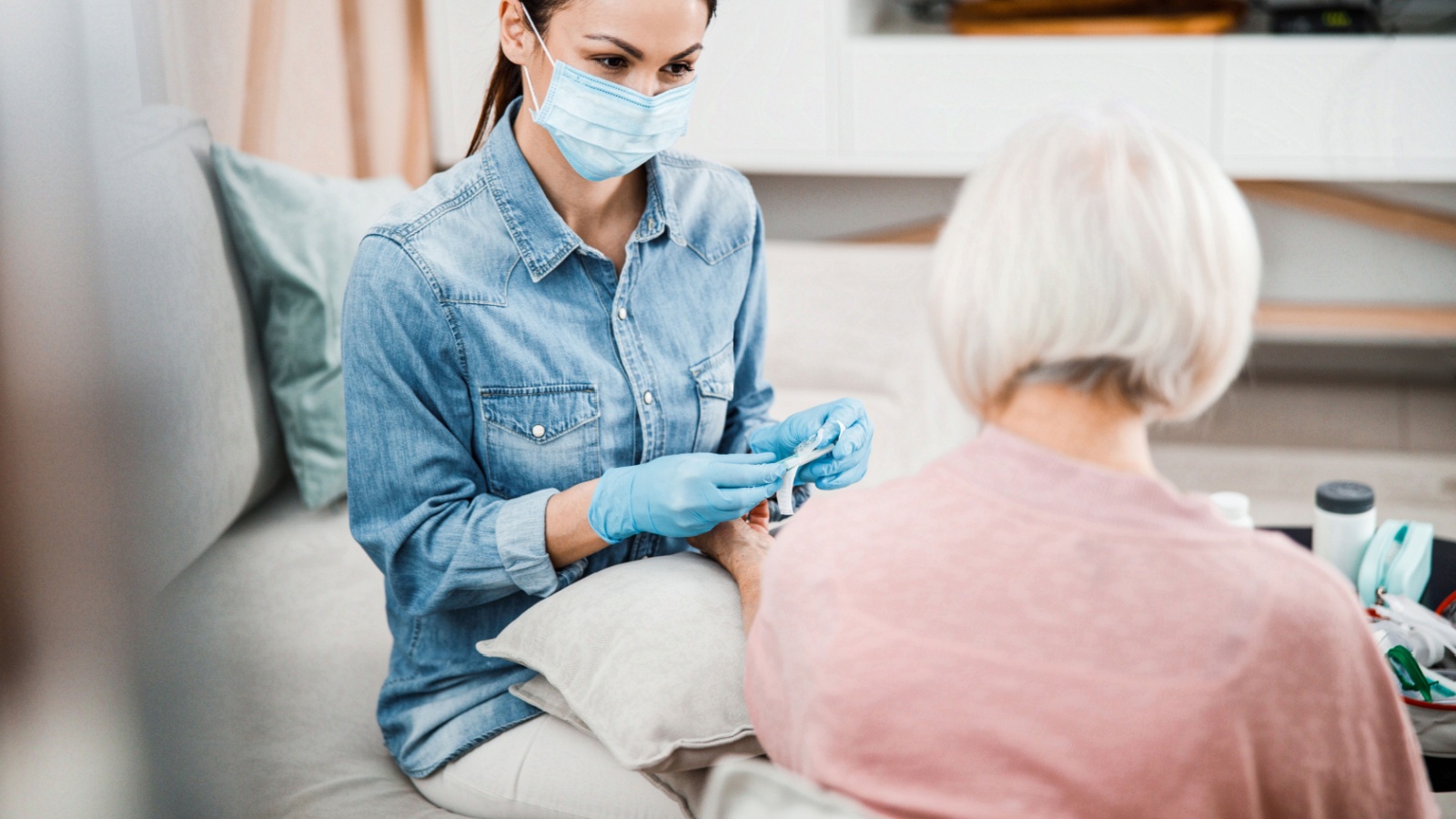
Wear protective gear like masks and gloves when caring for a sick person. Dispose of used gear properly and wash your hands immediately after removing it. Protective gear minimizes your exposure to the superbug. Ensure you have an adequate supply of protective gear to last through the outbreak.
9. Follow Medical Advice

Listen to the advice of healthcare professionals and follow their recommendations. Take prescribed medications as directed and complete the full course. Medical guidance is crucial for effective treatment and recovery. Keep a list of emergency contacts, including your doctor’s number and local health services.
10. Stay Connected

Keep in touch with family and friends through phone calls, video chats, or social media. Staying connected helps reduce stress and provides emotional support. Social connections are important for mental health during an outbreak. Join online support groups or community forums for additional support and resources.
11. Monitor Symptoms

Keep an eye on your health and be aware of the symptoms of the superbug. Seek medical attention if you or a family member develop symptoms. Early detection and treatment can improve outcomes. Keep a symptom diary to track any changes and share this information with healthcare providers.
12. Educate Your Family
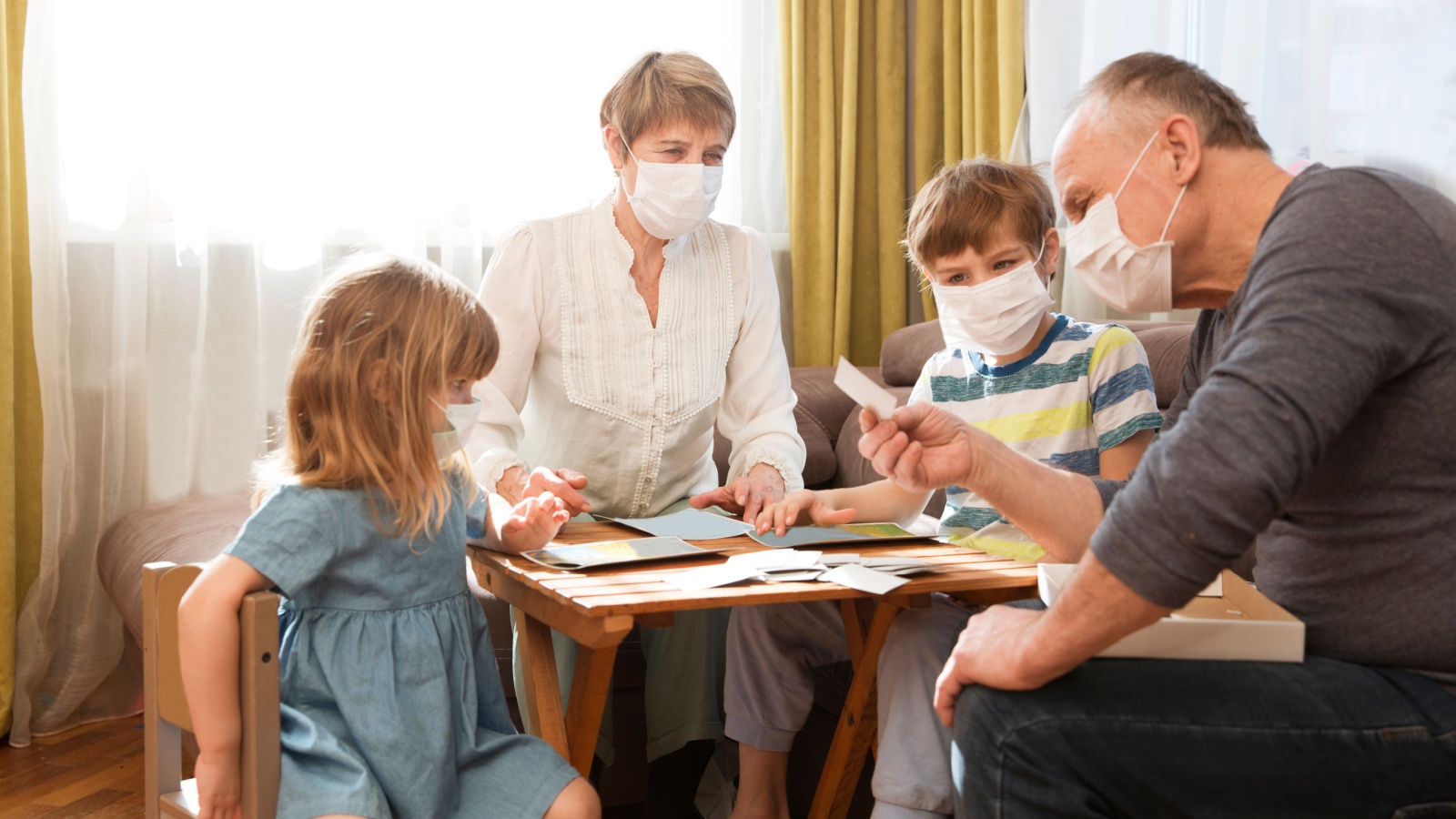
Make sure everyone in your household understands the importance of hygiene, social distancing, and other preventive measures. Education ensures everyone takes the necessary precautions. Knowledge is a powerful tool in preventing the spread of infection. Use age-appropriate materials to explain these concepts to children.
13. Prepare a Sick Plan

Have a plan in place for how to care for someone who becomes ill. Include details on isolation, care procedures, and when to seek medical help. Being prepared helps you respond quickly and effectively. Ensure you have easy access to medical supplies and emergency contacts as part of your plan.
14. Support Your Community

Help vulnerable neighbors by offering to pick up groceries or medications. Community support strengthens the overall response to the outbreak. Small acts of kindness can make a big difference. Participate in community initiatives or volunteer to assist local health efforts.
15. Stay Calm and Positive

Maintain a positive attitude and stay calm. Stress can weaken your immune system, so find ways to relax and manage anxiety. A positive mindset helps you cope better with the challenges of an outbreak. Engage in regular physical activity and hobbies to keep your mind and body healthy.
20 Crucial Supplies for Surviving a Societal Collapse

In the face of uncertainty, being well-prepared gives you at least some degree of control and security. The thought of a societal collapse, while extreme, prompts us to consider how we might endure without the conveniences of our current lifestyle. Here’s a list of 20 essential items that could prove indispensable in such a scenario. This guide isn’t about succumbing to fear but embracing preparedness and resilience.
14 Essential Canned Goods for Your Emergency Pantry
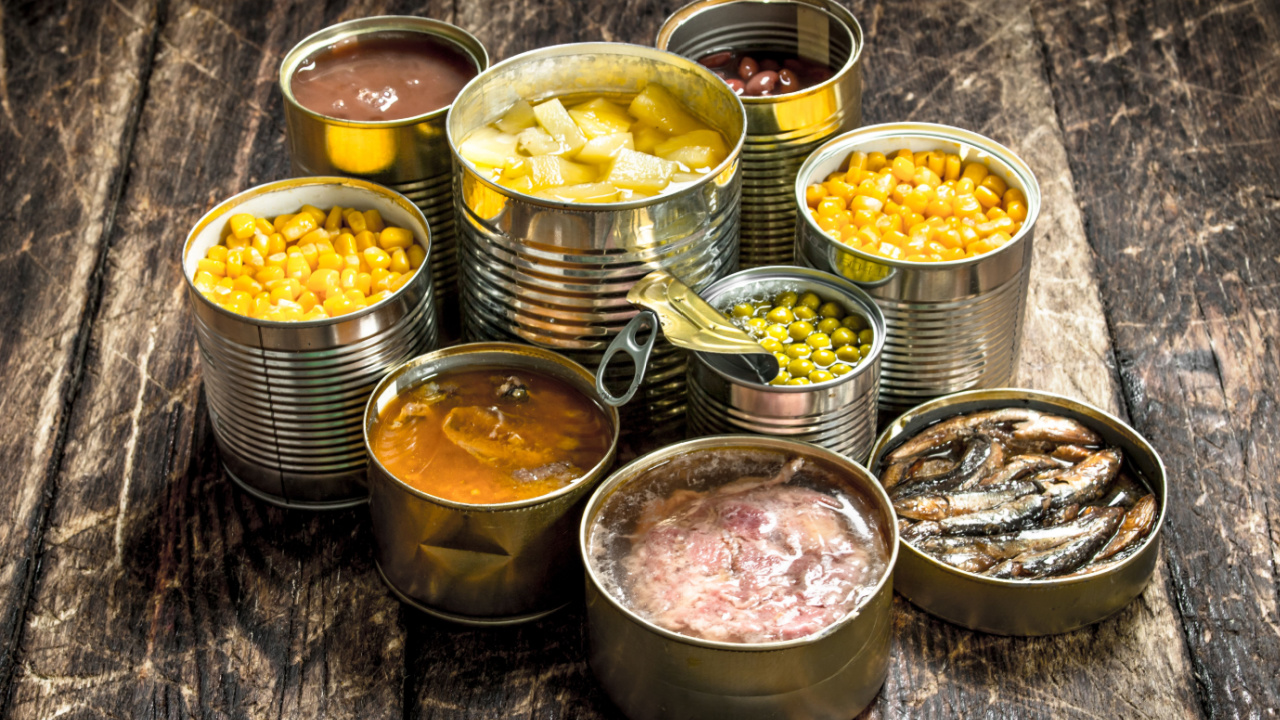
I firmly believe in keeping a well-stocked emergency pantry. While fresh food is ideal, in a survival situation, we may not be that lucky. So, for my family, even though we grow a lot of our own food, canned goods play a crucial role in emergency preparedness. They offer a reliable source of nutrition when access to fresh produce may be limited. The goods you stockpile should be affordable, easy to store, and full of nutrition.
Best Regions in the U.S. to Escape to When Society Collapses

Choosing a refuge in the event of societal collapse involves weighing the pros and cons of each location against your personal preparedness goals and abilities. Whether you’re drawn to the solitude of the desert or the protective heights of the mountains, the key is finding a place that offers safety and the opportunity for growth and renewal.

